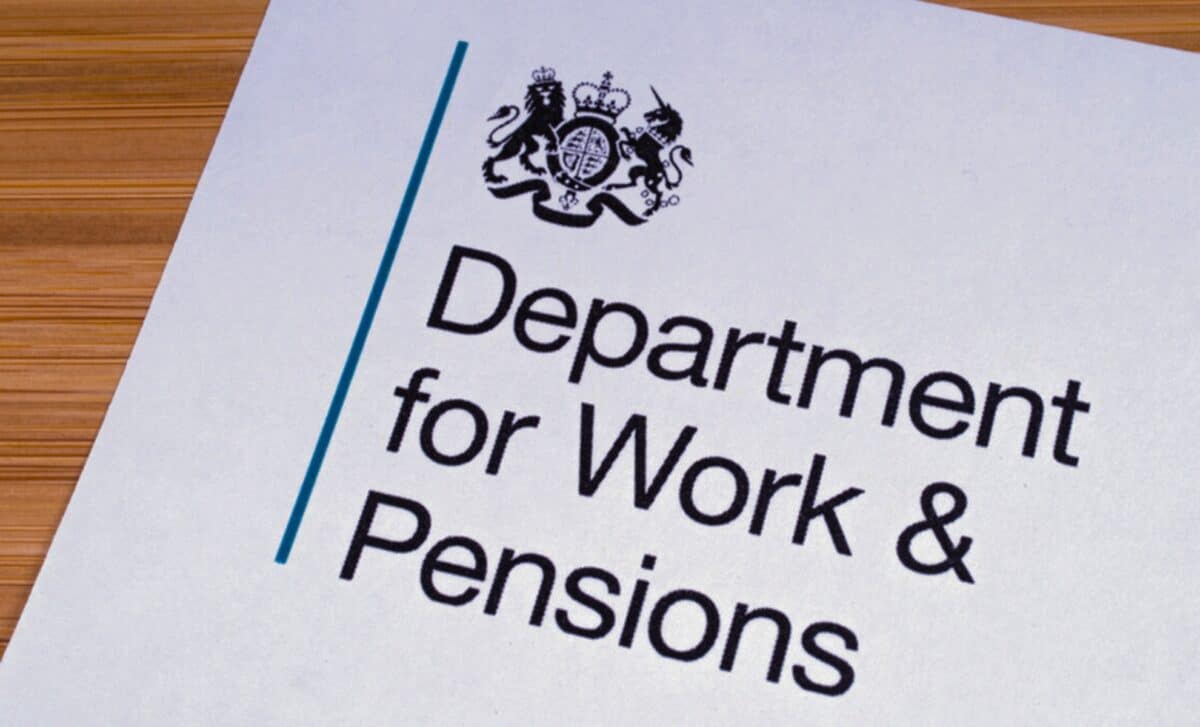This ruling coincides with continuing discussions concerning the availability of public monies and the economic effects of immigration. By making these numbers public, the DWP hopes to shed light and encourage thoughtful debates among both the public and decision-makers.
DWP : Increased Data Transparency in Universal Credit Payments
In response to growing calls for accountability, the DWP has confirmed that it will release comprehensive statistics detailing the total amount of Universal Credit paid to households with one or more non-UK citizen claimants during 2023. Additionally, it plans to publish data on payments made to refugees over the last five years.
Rupert Lowe, who spearheaded the campaign for transparency, welcomed the announcement. “The British people must be given the data so they can make their own minds up,” he stated, underscoring the importance of evidence-based discussions on immigration and welfare policies.
The data release is expected to include payments made under various humanitarian protections, such as the Ukraine family scheme, further highlighting the range of claimants supported by Universal Credit.
The planned publications are part of a broader push for more accessible information on government spending, addressing public interest in the fiscal implications of immigration policies.
A Complex and Essential Support System
Universal Credit, introduced as a simplified welfare scheme, provides financial support for low-income individuals and families, including assistance with housing costs. While it is primarily aimed at British and Irish citizens, eligibility extends to individuals with EU settled status, indefinite leave to remain, and certain visa schemes. However, non-UK claimants often face additional conditions or restrictions based on their immigration status.
This development highlights the multifaceted nature of Universal Credit and its role in addressing financial vulnerabilities across diverse demographic groups. The decision to release this data signals the government’s commitment to open governance and aligns with ongoing efforts to evaluate the programme’s effectiveness and fairness.
The announcement has been met with both support and scepticism. Advocates for transparency applaud the DWP’s willingness to share information, while critics question whether the move adequately addresses deeper concerns about the sustainability and equitability of the welfare system.









